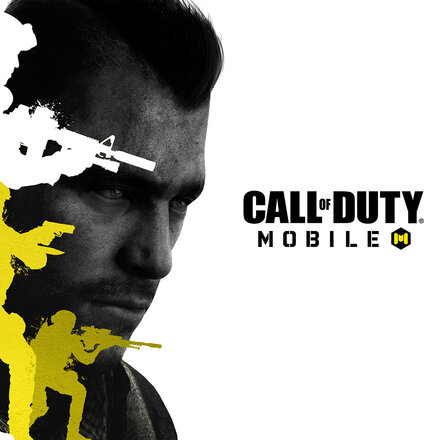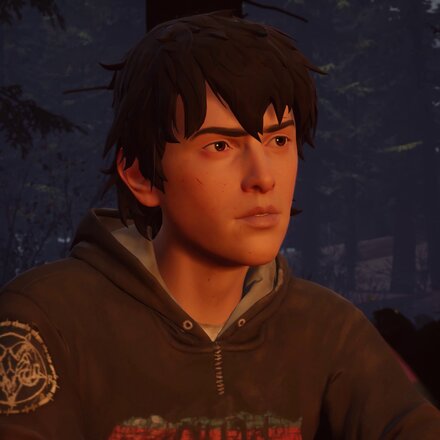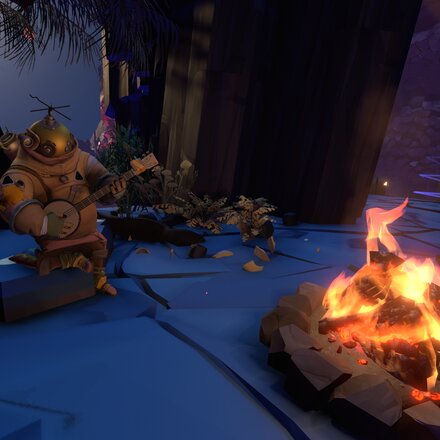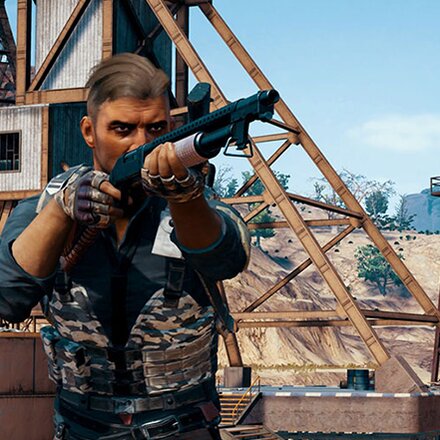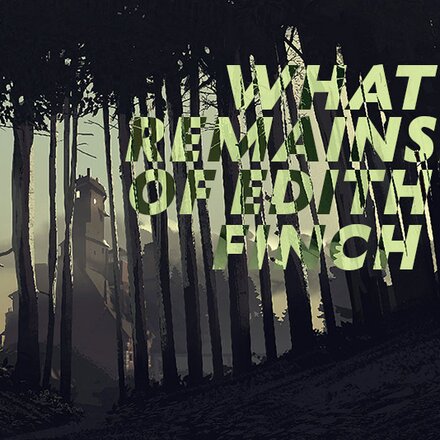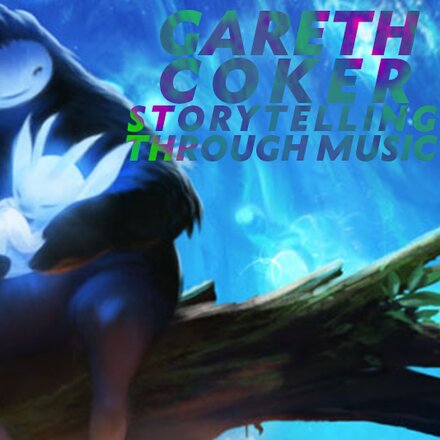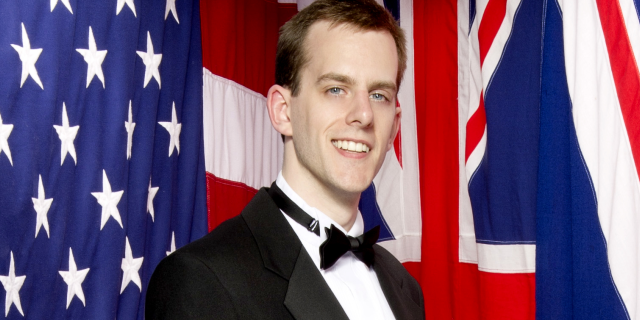
Charles Griffiths: Brits to Watch
Games designer Charles Griffiths is one of BAFTA's 2011 Brits to Watch, an initiative showcasing new British talent to the international industry.
His latest release is Fable: The Journey at Lionhead Studios and in 2011 he made his own demo, Shuffle.
What have you been up to since BAFTA Brits to Watch in June 2011?
1 Year on: October 2012
Seeing “Fable: The Journey” out and on store shelves is hugely gratifying. We’ve been able to provide a Kinect game for the more experienced game players out there, and contribute something that I believe is unique and original to the world.
I have always wanted to make original games, to take on new challenges with every project – and this release is the culmination of a lot of hard work that really started many years ago with “Milo & Kate”. It’s been quite a ride! But now it’s out I just hope that as many people as possible get to play it.
I’m excited to get started on a new project now. There are still things I would love to do with Kinect - I still believe it provides many more opportunities for originality and innovation.
Brits to Watch Interview:
Congrats on being selected as one of BAFTA’s Brits to Watch. What’s been your career highlight of the past year?
This year it was creating my own Kinect game demo Shuffle with my friend and co-creator, Tom Lansdale. It got a really positive reception from journalists and our colleagues at Lionhead Studios. I had wonderful, talented friends on my team and I am immensely grateful to Virgil Tanasa, Kevin Fairbairn and Annes Stevens for their work.
What single piece of advice would you give to a young person trying to break into your discipline and get noticed?
Work hard. There are many paths you can choose from to become a game designer, but they all share one unavoidable aspect – hard, dedicated, serious work. If you are going to get a degree, get the best degree. If you are going to create mods of existing games, create the best mods. If you are going to try and work your way in from testing, be the best tester. If you are going to learn to program and make your own games from scratch, then learn to be an excellent programmer.
And that advice should sound scary, but not miserable. If it sounds miserable, then you’re not giving the role the respect it deserves in the first place. It has to be earned – it can’t and it shouldn’t ever be handed to you for nothing.
How important is knowing people? Is raw talent enough?
Knowing people might get you in the door, but talent is the only thing that is going to keep you from going back out of it. An introduction, a contact, can make all the difference in the world. It could give you an incredible opportunity. But that is all it is – an opportunity; a chance to show your raw talent. If that talent isn’t there, everyone will know soon enough.
Which of your projects are you most proud of?
It is really hard to pick out one particular project; each one has been an amazing experience in its own way. Shuffle was a joy to create because Tom and I were pursuing our own vision from the outset – no compromises, no committees. We were able to show Kinect being used in a way that surprised and enthused people that we really respect, which was a real pleasure.
Fable 2 was my first experience working with Peter Molyneux, who is of course a legend in this industry, and I am very proud of that game. It sold over two and a half million copies and received a great deal of critical acclaim, including an excellent review in Edge magazine and the Action & Adventure BAFTA for that year.
Creating the demos of Milo & Kate, which seemed to inspire so many across the world, was also a fascinating time that taught me so much and made me a better designer.
What’s your worst habit for procrastinating when you’re meant to be working?
Staring out of the window. I love my window, I couldn’t function without it. Throughout my career I have been very lucky with the desks I have got – they have always had a window with a good view. I stare out of the window and think about anything, absolutely anything, except the thing I am actually meant to be working on.
How do you think the UK games industry will change in the next few years?
That is the million dollar question. At the moment there is a lot of excitement over social and casual online games, particularly ones that are built on payment structures which make them free to start with and then use ever more ingenious methods to nickel-and-dime players from that point onwards.
There are a lot of people saying that this is the future of games as a whole, and I don’t agree. I think this is a sub-genre of gaming on the rise, and – if it has not already – will hit its ceiling relatively soon.
Many people will always want to exchange a fixed sum in order to be entertained – whether they are going to see a film, a play, or buying a box set of their favourite TV show. The way you pay is part of the experience, and games are no different. You pay your money, and then that ‘real world’ part of your brain is allowed to switch off – your expectations go up, you are preparing for an experience you hope you are going to enjoy, and you relax because it is now all yours.
In the next few years I expect that we will see some settling of the video game landscape again where there are more genres and payment options than we had before – but where they all co-exist and happily cater to the different kinds of players out there.
But it is always very hard to predict these things. Alongside market changes, technology changes occur that can turn everything on its head again. The Wii changed everything, Kinect took another bold step – and next we will have the Wii U. It’s really exciting. I love this industry as much today as I did when I was a teenager.
Give us some insider info (shhh): Who would you choose as your ‘Brit to Watch’ in the coming years?
Hmm… Well, my brother – James Griffiths – is an established video game writer who created the world and characters for Amateur Surgeon, which is a game series that’s done extremely well. In fact, T-Pain said it was his favourite iPhone game. So having acquired a celebrity rapper as a fan already, I wouldn’t put anything past him now – the sky’s the limit!
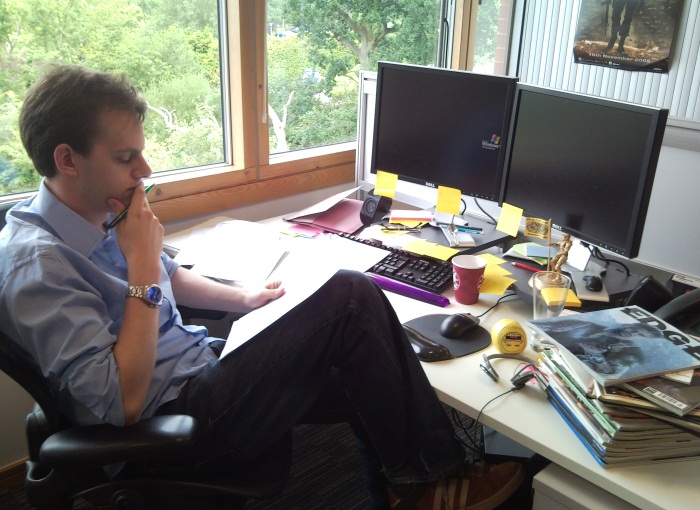 |
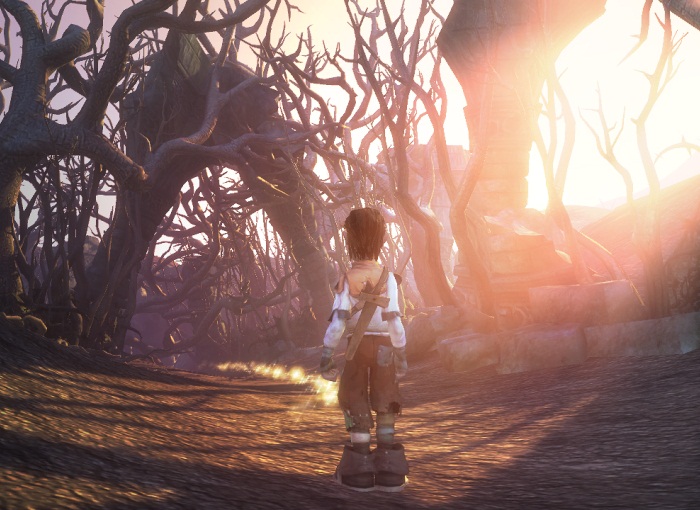 |
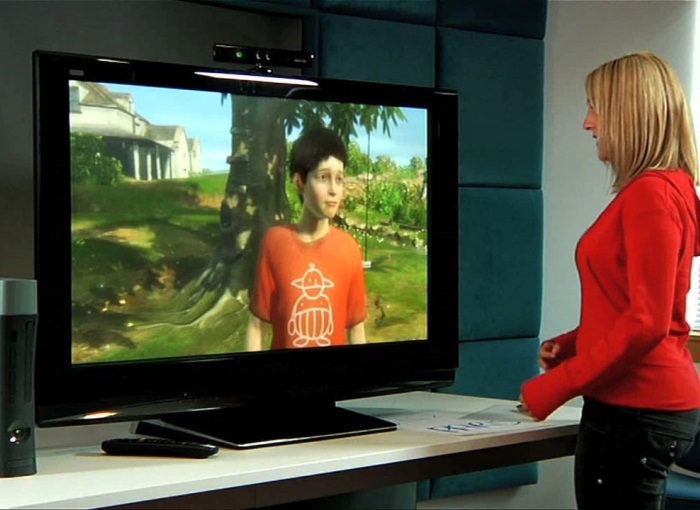 |
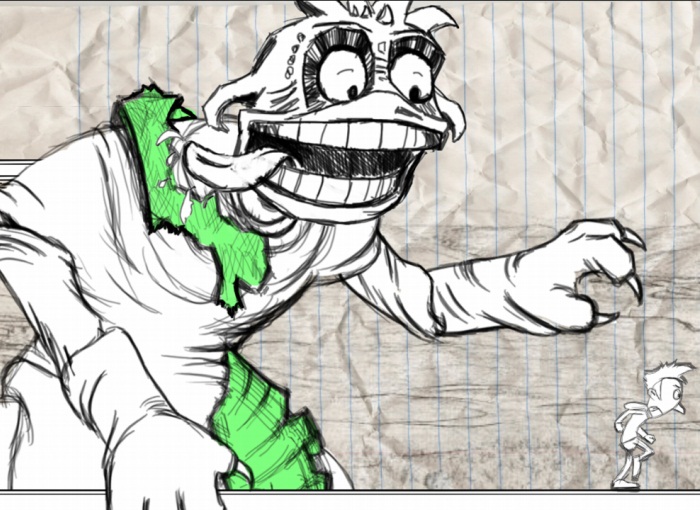 |
Clockwise from top left: Charles at his desk, screenshot from Fable 2, Kinect Demo of Shuffle, E3 Demo of Milo & Kate.
Brits to Watch Portrait: BAFTA/ Barry J Holmes

